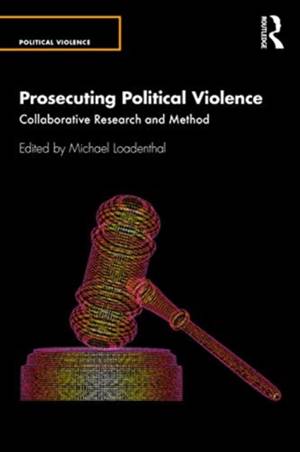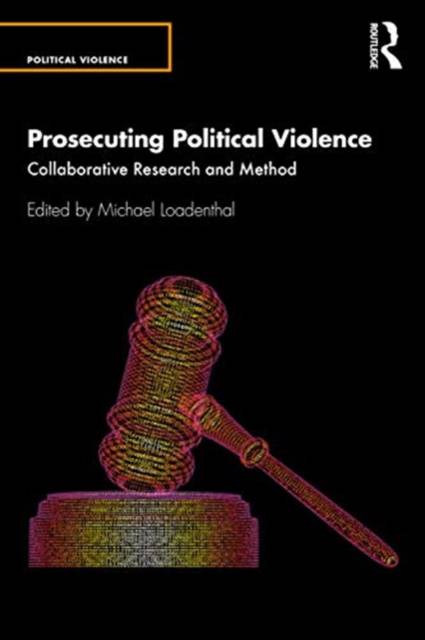
- Afhalen na 1 uur in een winkel met voorraad
- Gratis thuislevering in België
- Ruim aanbod met 7 miljoen producten
- Afhalen na 1 uur in een winkel met voorraad
- Gratis thuislevering in België
- Ruim aanbod met 7 miljoen producten
Prosecuting Political Violence
Collaborative Research and Method
Omschrijving
This volume unpacks the multidimensional realities of political violence, and how these crimes are dealt with throughout the US judicial system, using a mixed methods approach.
The work seeks to challenge the often-noted problems with mainstream terrorism research, namely an overreliance on secondary sources, a scarcity of data-driven analyses, and a tendency for authors not to work collaboratively. This volume inverts these challenges, situating itself within primary-source materials, empirically studied through collaborative, inter-generational (statistical) analysis. Through a focused exploration of how these crimes are influenced by gender, ethnicity, ideology, tactical choice, geography, and citizenship, the chapters offered here represent scholarship from a pool of more than sixty authors. Utilizing a variety of quantitative and qualitative methods, including regression and other forms of statistical analysis, Grounded Theory, Qualitative Comparative Analysis, Corpus Linguistics, and Discourse Analysis, the researchers in this book explore not only the subject of political violence and the law but also the craft of research. In bringing together these emerging voices, this volume seeks to challenge expertism, while privileging the empirical.
This book will be of much interest to students of terrorism and political violence, criminology, and US politics.
Specificaties
Betrokkenen
- Uitgeverij:
Inhoud
- Aantal bladzijden:
- 204
- Taal:
- Engels
- Reeks:
Eigenschappen
- Productcode (EAN):
- 9780367482220
- Verschijningsdatum:
- 25/02/2021
- Uitvoering:
- Paperback
- Formaat:
- Trade paperback (VS)
- Afmetingen:
- 156 mm x 234 mm
- Gewicht:
- 326 g

Alleen bij Standaard Boekhandel
Beoordelingen
We publiceren alleen reviews die voldoen aan de voorwaarden voor reviews. Bekijk onze voorwaarden voor reviews.











